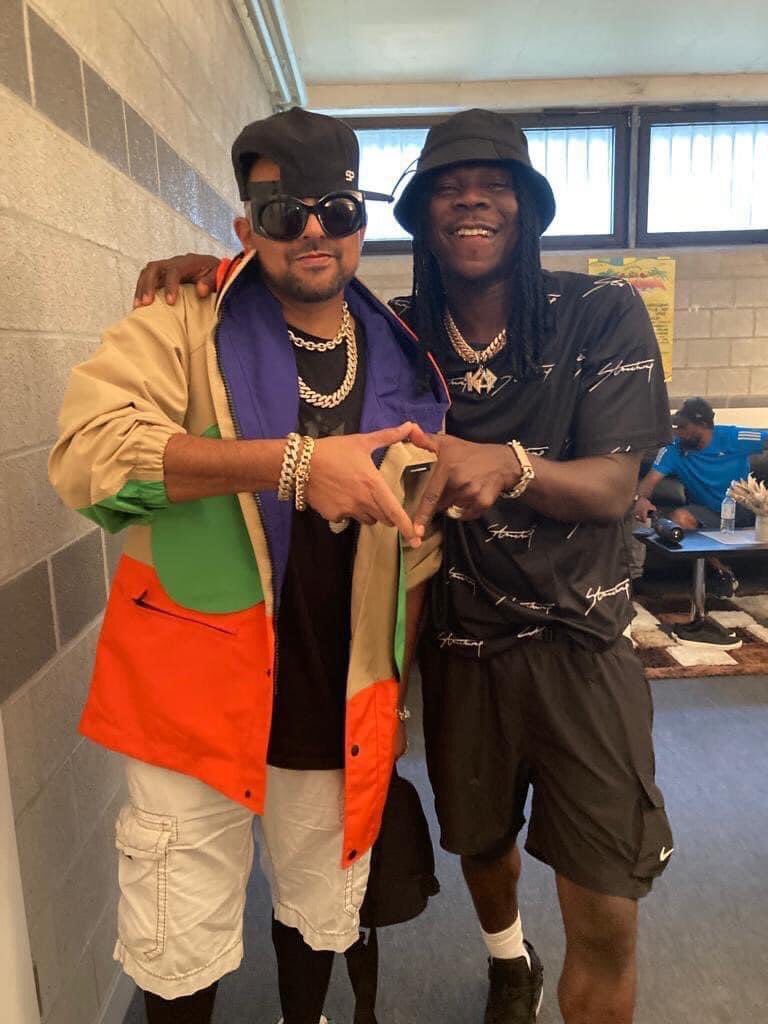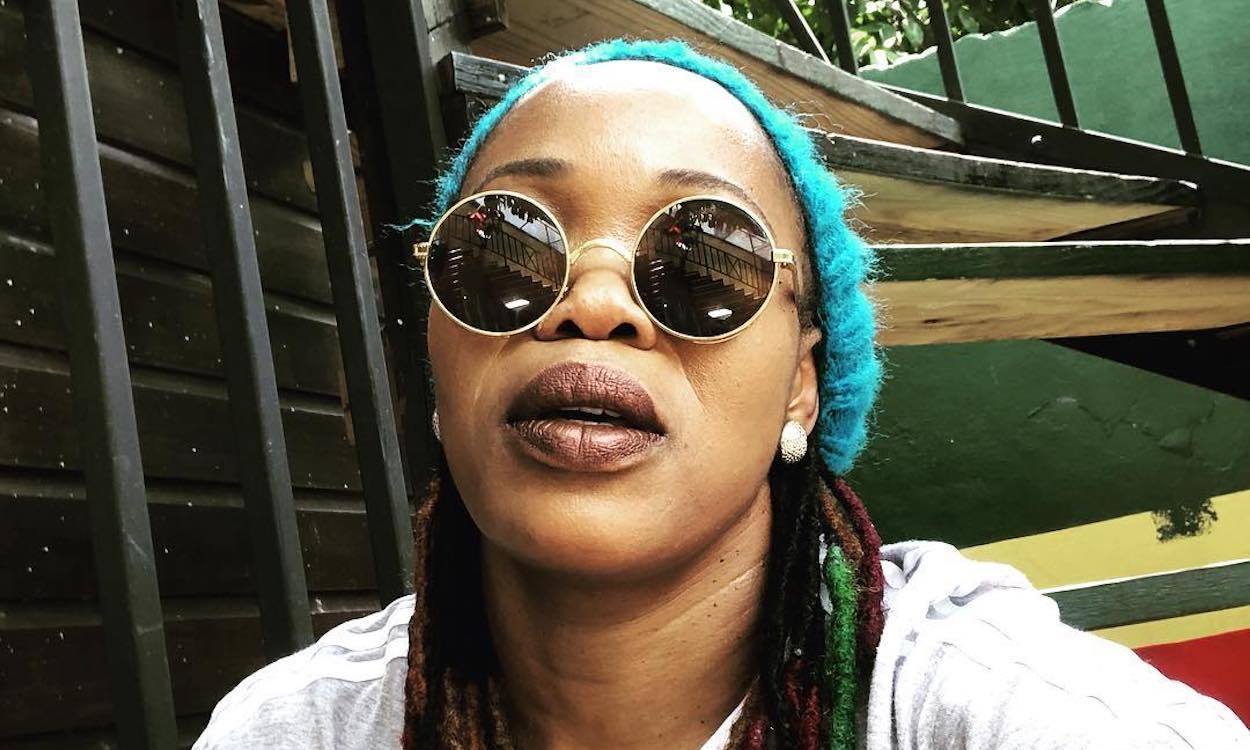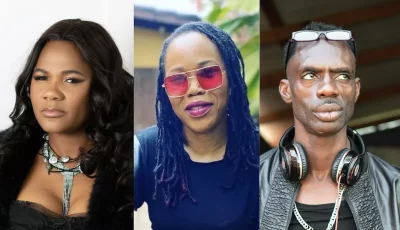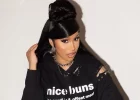Since Stonebwoy made the comment that reggae music is owned by Africans and not Jamaicans, several veterans have given their two cents on the issue.
Recently Sean Paul also seemed to agree with Stonebwoy’s take, but Queen Ifrica is making it known that she believes that dancehall music is indigenous to Jamaica.
Queen Ifrica made the comments via a video circulating on her social media accounts. The “Predator’s Paradise” singer added that no one on the face of the earth can claim that reggae was anything but Jamaican.
“Reggae and dancehall music is indigenous to Jamaica, like Apple Valley is to Apple — Jamaica is Africa’s Apple Valley. I don’t know what the big rush is fi stamp out Jamaica and everything weh Jamaica represent, even for Africa, but I think you guys are ahead of yourselves in what you think you know about Jamaica,” she continued.
Sean Paul recently shared Stonebwoy’s opinion that reggae was African. The Ghanaian dancehall artiste made the claim in an interview with Cable Lifestyle magazine. Sean Paul agreed with Stonebwoy that reggae belongs to Africa during an Instagram live as the two artists spoke to each other.
Stonebwoy’s reasoning is that reggae is rooted in the heart of Africa and that it doesn’t belong to any Caribbean society from its core. It belongs to Africans, and people are getting the chance to enjoy it in diverse ways.

He also added that Jamaicans are all Africans by virtue of the slave trade, and so it’s just the music that Africans would have created. He added that applies to reggae, dancehall, high life, or Afrobeats.
Queen Ifrica argued that although many Jamaicans are descendants of enslaved Africans, reggae and dancehall were created on the island and that Africa has no right to claim them. It was a combination of factors that eventually led to the birth of the genre, she said.
She added that even though she is a big fan of the artist, he should take some time to learn more about history. The veteran songstress added that reggae music was born out of Jamaica, and Jamaica is not a slave island.
The “Lioness On the Rise” singer then went on to give Stonebwoy a tongue-lashing as she said that Jamaica was not created out of slavery, but that slavery was added to Jamaica by unscrupulous Africans who linked up with the colonial slave trade to sell their brothers and sisters.
“There were free black people living in Jamaica before slavery. So yes, we can agree that all black people come from Africa, but we just agree that Jamaica has a lot of firsts — and reggae music is one of those first,” she added.
It’s no wonder that she would feel personally insulted since the very origins of reggae can be traced back to Jamaica in the late 1960s and were made famous by Rastafarians who used the music for both political commentary as well as to share their beliefs.
The actual naming of the genre is also very Jamaican. Reggae became the accepted name in 1968 after a single titled “Do The Reggay” by Toots and the Maytals.






